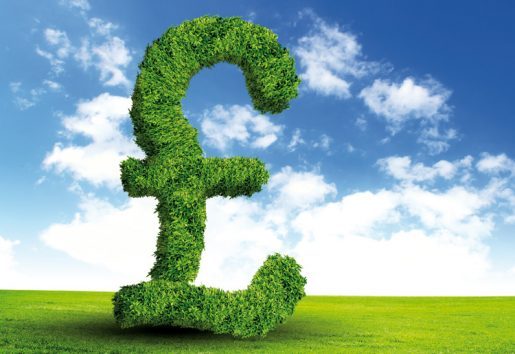Research showing that ESG aspects can be material is supported by the messages coming out of The Pensions Regulator and the Law Commissioner. “So the research coming out of academia or the sell-side brokers or research providers is adding to the discussion that is already underway,” Andrews says.
The problem with researching this topic is that as a factor, ESG is difficult to define. There is no single definition, no common taxonomy about what makes something ESG.
“It is hard to say if something is ESG or not and because of that it is hard to see if something has delivered a better performance because of its ESG nature,” Manuel says.
Candriam’s senior SRI analyst in the sustainable and responsible investment team, Solange Le Jeune, says it is clear that the industry is still learning what an ESG investment is.
“ESG is relatively new, so it is approached in different ways from one asset manager to another,” she adds. “We are comparing lots of different strategies and some are more successful than others, so the industry is still learning what to include in an ESG investment.”
De Coninck-Lopez picks up on the need to understand what ESG is. “Definitions are important when considering the question of comparing performance,” she adds.
“Invesco defines ESG as a consideration of environmental, social and governance factors as part of the investment process.”
As one asset manager told me at an event: “People appear to have taken three random factors and grouped them together, which is causing confusion.”
Despite the difficulty in defining what ESG is, Giese didn’t find his research too taxing. He looked at companies in the MSCI World Index, where every member has an ESG rating, over 10 years.
“It is amazing how straight forward it is within MSCI to link the ESG ratings to financial analysis because we have integrated our ESG ratings into our portfolio risk analysis tool,” he says.
“So every stock in the universe not only has standard measures like book value, market cap and volatility, but the ESG signal is also in the risk model. Therefore we can relatively easily run all sorts of risk analysis also using the ESG signal.”
For others looking at ESG ratings is not so straightforward. Salarbux says that comparing apples with apples in an ESG basket is challenging.
“Yes, some might use some common sets of data, but at the end of the day everyone comes at ESG from their own perspective,” he adds.
In the same basket, he adds, you will have an ESG strategy that is merely excluding tobacco and alcohol, and you will have an investor doing it from a much more engaged perspective.
“In the same ESG basket there is a lot of dispersion, so to draw an overall conclusion and say “yes, ESG works” is difficult.”




